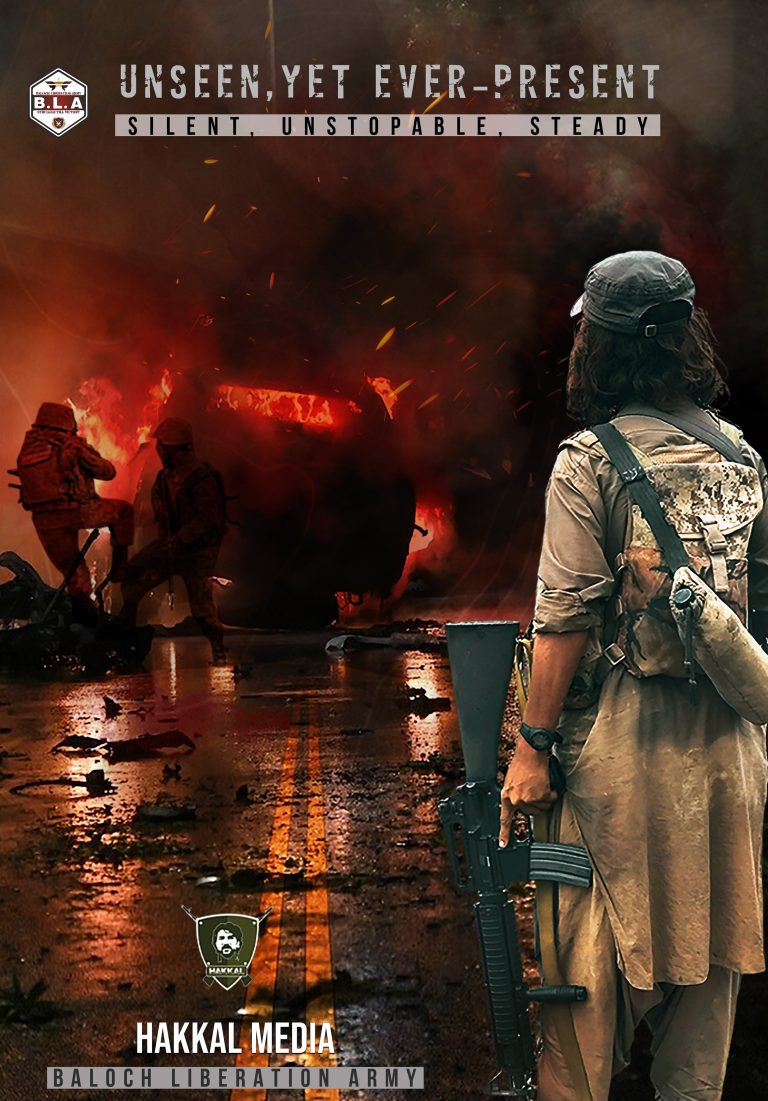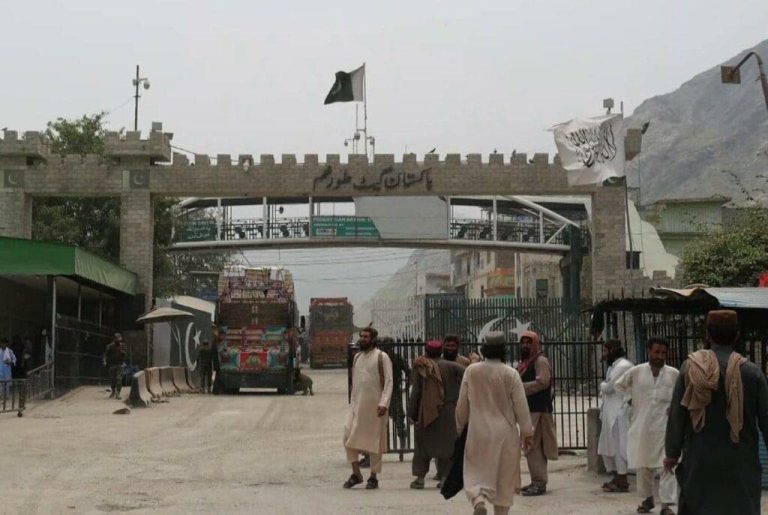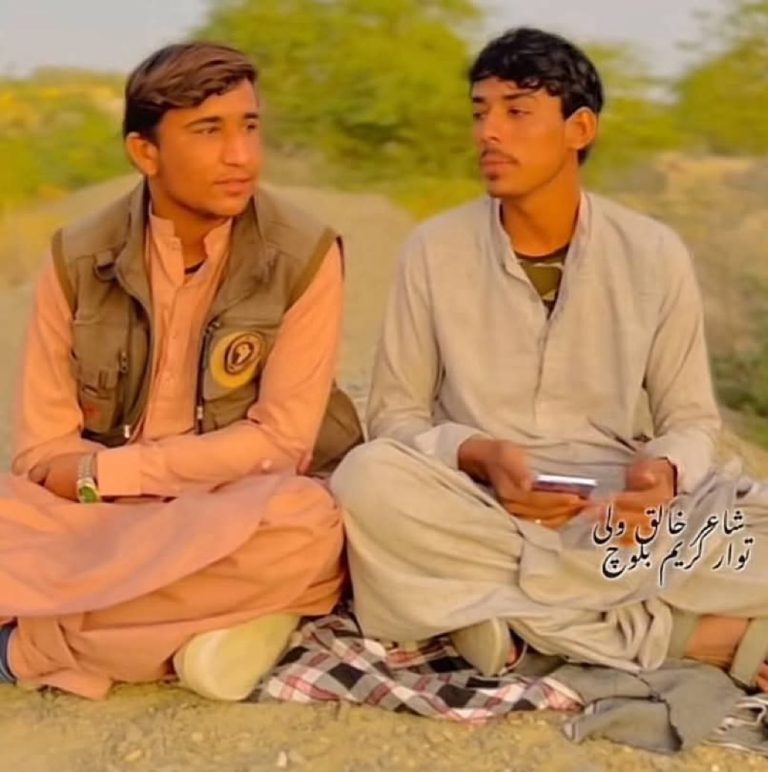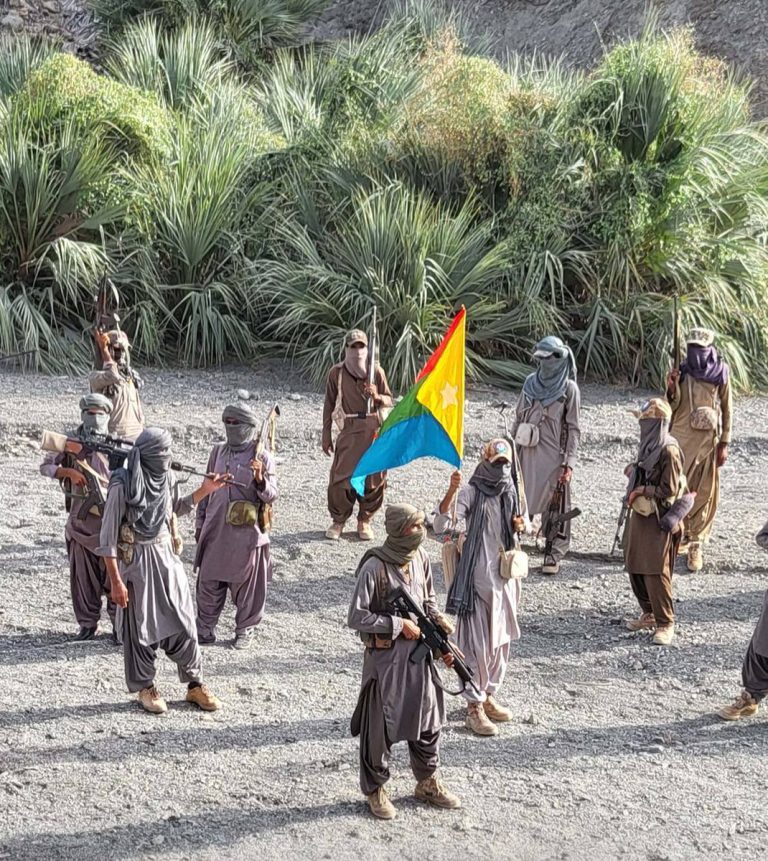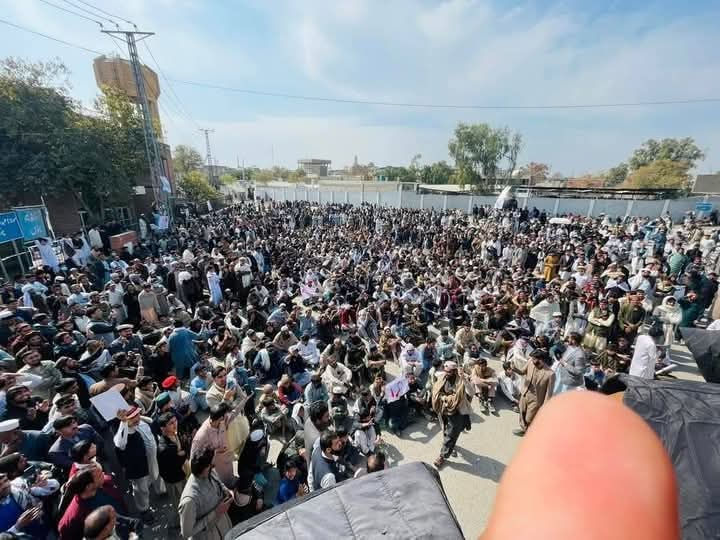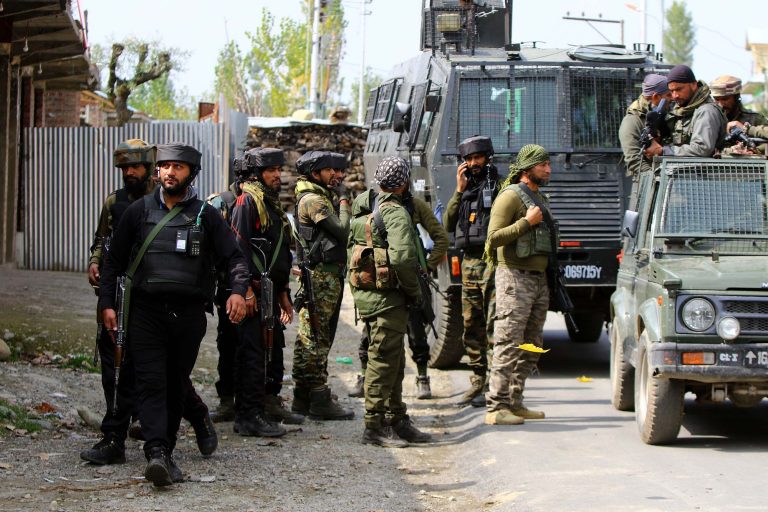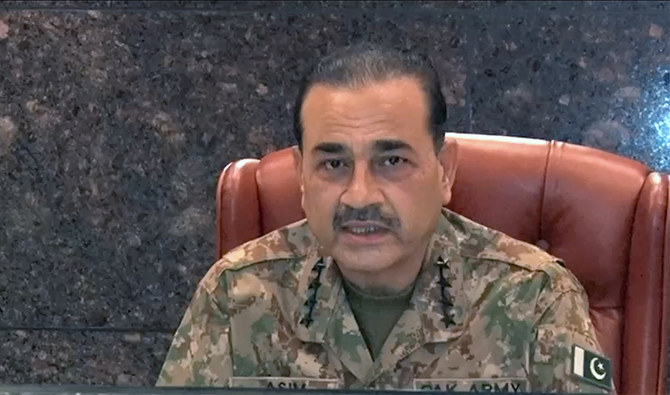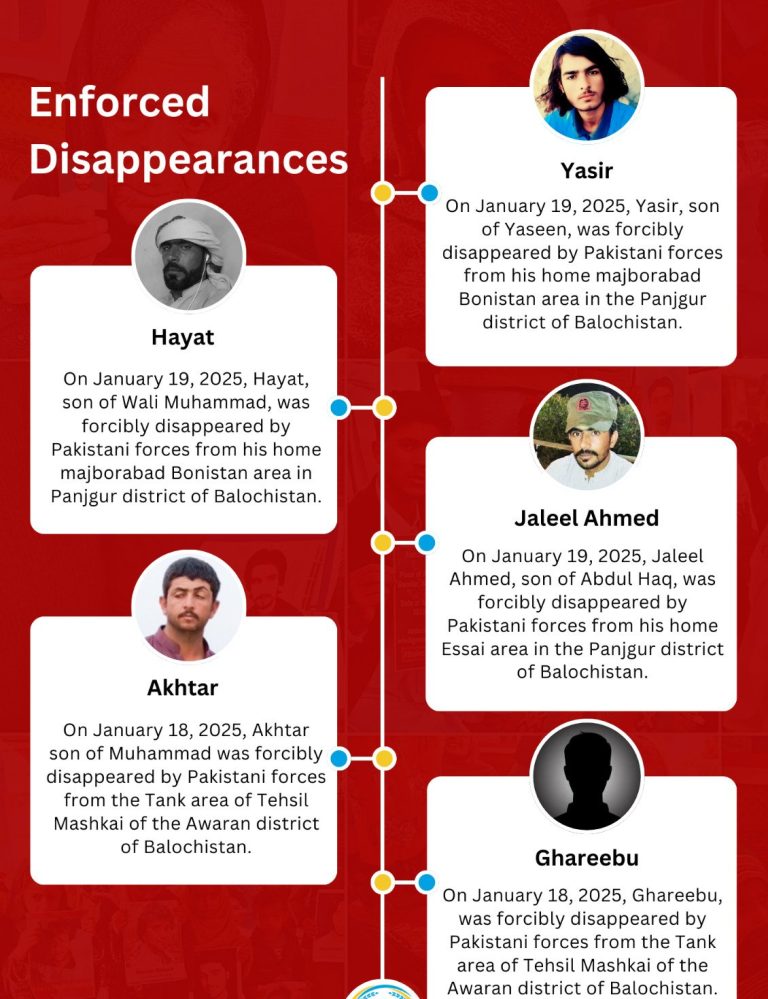New reports on the recent IED (improvised explosive device) blast near the Line of Control [LoC] in Akhnoor sector of Jammu district in J&K has once again highlighted the striking level of unawareness and apathy that prevails within a large section of Indian media. While the TRP driven competition to be the first to report and convey the most is understandable, but this rat race can’t be used as an excuse for irresponsible reporting, especially when it ends up endorsing false propaganda being spread by inimical interests.
Even without even furnishing any credible evidence whatsoever, many electronic and print media houses quickly [and decidedly] concluded that this was the handiwork of non-state actors. Some media channels/houses even went ahead and confirmed that a terrorist group calling itself Peoples’ Anti Fascist Front [PAFF] had planned and executed this attack. Since this terrorist group claimed responsibility for this blast on social media and had posted an unverified video of this incident, the media unquestioningly accepted its claim.
The LoC is a heavily defended zone and given the high density of troops deployed here, terrorist groups can only plan and execute such an attack if the Pakistan Army facilitates the same. Even then, triggering an IED blast is not an easy task as it requires accurate identification of the route, timings and frequency of the patrol intended to be targeted, and all this information cannot be acquired overnight, unless of course it’s provided by regular troops who by virtue of continuously observing the adversary have these details.
Most importantly, such an operation involves sending a team across the LoC to physically place the IED, which is tactically and technically a difficult task as it requires navigating gaps in minefields that are known only to the troops in contact. So, while this IED blast could be the handiwork of terrorists, those with some knowledge of such clandestine operations will agree that given the complexities, Pakistan Army regulars would have definitely been actively involved in both planning and execution of
this IED attack. Readers would recall that Pakistan Army’s BAT (Border Action Teams) action on the night of February 4/5 in Krishna Ghati sector of Poonch district J&K failed when one of its team members accidently stepped on a land mine that detonated the IED they were carrying indicating the high level of expertise required for such an operation.
It also needs to be remembered that the Pakistan Army has already legitimized cross-LoC operations by creating Border Action Teams [BAT] comprising terrorists led by regular commandos from its Special Services Group [SSG] who operate in civil dress and carry no identification paper on their person due to which involvement of Pakistan Army regulars can easily be denied.
Next is the PAFF’s claim of having executed this attack. What needs to be noted is that not only does this group have extremely dubious credentials, but just like other groups such as The Resistance Front [TRF] that sprung up overnight after Article 370 abrogation, PAFF also has offered no new ideology or objectives that justify its creation when a conglomerate of terrorist groups operating in J&K calling itself the Muttahida [united] Jihad Council [MJC/UJC] headed by Hizbul Mujahideen chief Syed Salahuddin is already in existence.
This raises a question- why have new terrorist groups like PAFF and TRF been created by Pakistan Army’s spy agency Inter Services Intelligence [ISI] which is orchestrating terrorism in J&K? The answer isn’t too hard to find. Firstly, names of all terrorist groups engaged in what Pakistan eulogizes as ‘armed struggle’ in J&K have reference to Islam, so ISI has cunningly created new outfits with names that reflect ideology in a bid to give its proxy war a non-religious character.
Secondly, with a well-established ecosystem to orchestrate frequent public protests and shutdowns through its proxies like All Parties Hurriyat Conference [APHC], the ISI was creating an illusion of widespread public discontent within J&K. However, with locals not opposing abrogation of Article 370, APHC losing its relevance and protests becoming a thing of the past, ISI realised that its Kashmir narrative had been effectively demolished.
Instead of accepting the inevitable, Rawalpindi quickly changed its strategy and ordered terrorist groups to create mayhem and anarchy so as to generate an impression that the situation in Kashmir was far from normal. Non-locals and members of the minority community were attacked in an attempt to create a communal divide and the responsibility was taken by non-existent entities like PAFF and TRF so that the real perpetrators being sponsored by Rawalpindi wouldn’t come under adverse scrutiny of the international community.
Both PAFF and TRF initially claimed responsibility for the June 2024 terrorist attack on a pilgrim bus carrying devotees belonging to the minority community in Reasi that left nine dead and 33 injured. About the dubious credentials of PAFF, this group had in October 2022, claimed to have killed Director General [Prisons] Hemant K Lohia at his Jammu residence.
Coming hours after India’s home minister Amit Shah landed in Jammu for a two-day J&K visit, this high profile ‘assassination’ attracted a lot of media attention. However, it was soon revealed that the police officer’s domestic help had committed this murder due to a personal grudge and this crime was in no way a terror-related incident. This revelation convincingly nailed PAFF’s brazen proclivity for spreading lies and raises seriously questions on its credibility.
Unfortunately, claims made by terrorist groups like PAFF and TRF are swallowed hook, line and sinker by Indian mainstream media and many scribes and TV anchors often unwittingly end up acting as mediums for disseminating motivated propaganda. There’s definitely a need for the media to better understand the multifaceted contours of Pakistan’s proxy war in Kashmir and dispassionately analyse claims being made by dubious terrorist groups.
For example, while TRF claimed responsibility for the October 2024 Ganderbal terrorist attack in which one local doctor and six workers of a tunnel construction company were killed, PAFF praised TRF by saying that the tunnel construction was “against our military interests and those of our Chinese friends.”
While this was widely reported by the Indian mainstream media, no one addressed the obvious question that if PAFF was indeed engaged in an “armed struggle” in J&K, then how on earth was construction of Ganderbal tunnel detrimental to its “military interests” and how did the Chinese come into the scene? Doesn’t it seem that PAFF was actually parroting Rawalpindi’s line?
It’s no secret that whenever the Pakistan Army faces some serious domestic crisis or suffers major military setbacks due to terrorist attacks, it tries to divert public attention and raise the morale of its rank and file by targeting Indian security forces along the LoC through BAT operations and by terrorist attacks in the hinterland.
Rawalpindi is currently under immense pressure, both on the domestic and military fronts. Its ill-considered decision of ‘stealing the peoples’ mandate’ through barefaced manipulation of the 2024 general elections has plunged the country into the deep abyss of political instability. Tehreek-e-Taliban Pakistan [TTP] and Baloch armed groups have stepped up their attacks are inflicting heavy losses on the Pakistani security forces in Khyber Pakhtunkhwa and Balochistan, respectively.
Under these circumstances, the IED blast triggered by a BAT team in Akhnoor has definitely come as a face-saver for the beleaguered Pakistan Army. With PAFF claiming responsibility for this attack and the Indian mainstream media endorsing the same, Rawalpindi has once again got off the hook very-very easily. Surely, the Pakistan Army’s top brass must be having a hearty laugh!

